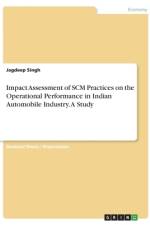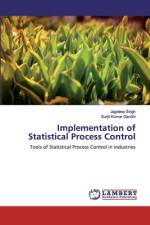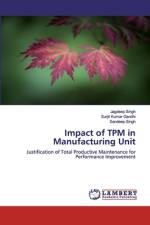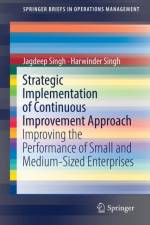von Jagdeep Singh
52,95 €
Doctoral Thesis / Dissertation from the year 2020 in the subject Business economics - Business Management, Corporate Governance, grade: 75.00, , course: Doctor of Philosophy, language: English, abstract: In this research, SCM practices in automobile industry in India were a descriptive cum analytical research. It needs an understandable specification of who (automobile companies in India), what (SCM practices ¿ SRM, CRM, LM and ICT), when (until year 2019), why (found gaps) and way (survey- questionnaire, F2F Interview, through email) of the research. The figure-50 has shown the brief research design of the study. During the literature review, it was found that Indian automobile companies were not able to minimize their supply chain cost effectively & efficiently and there were gaps in expectations (agreement) and perception (adoption) level of SCM practice. To understand and analyses these gaps, this research was carried out. Indian automotive industry (Both automobile & components) contributes almost 7.5% of total GDP and one of the biggest job creator sectors directly or indirectly. India is gradually taking the lead and growing its global competition. India is lagging behind in terms of commercial vehicle production if we compare it globally, therefore, it needs more focus, collaborations and investment to catch up the market share at global space. SCM contributes to overall value creation for any organization including automobile and hence firms are focusing on strengthening their supply chains more efficient and competitive. Current supply chains are facing multiple disruptions like Covid-19 pandemic, technological disruptions like 3D Printing, IoT, AI/machine learning, internet things such as movable machine (robots) for warehouse operation, etc. and challenges such as visibility, cost reduction, innovation, supplier relationship, customer relationship, risk management, security & safety in logistics, ICT infrastructure, and customer expectations.








